« Eyá Pavara » – Restauration of ancestral forests
Panama« Eyá Pavara » – Restauration of ancestral forests
Duration of the partnership
2020-2022
Location
Panama
The project's goals
In 2013, a group of approximately fifteen Emberà young people created an association (Ejua Wadra) to initiate the restoration, reforestation and protection of the forest and its natural resources on their collective lands which had suffered excessive deforestation.
With the support of the Emberà traditional authorities and McGill University in Canada, this association has already replanted, on a volunteer basis, 2500 trees in the Piriati area. It has created a community plant nursery and reintroduced several endangered plant species by organising a collection of seeds and seedlings in the Darien province forests with original biodiversity.
Having met with Candido Mezua Salazar, a leader of the Emberà community, the French association « If Not Us Then Who » supports, develops and finances this initiative to create a restoration of Emberà ancestral forests.
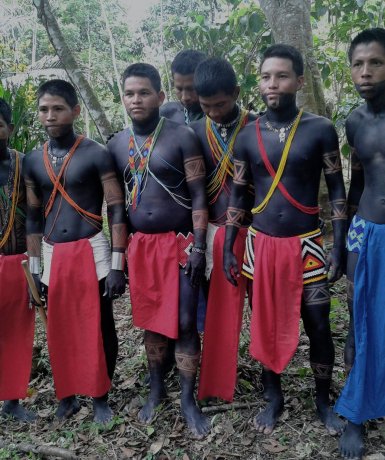
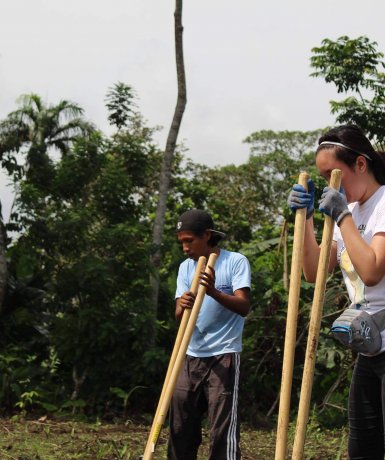
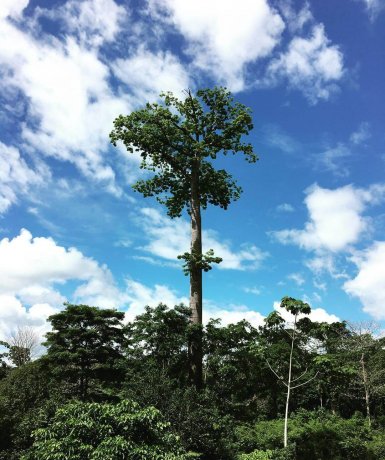
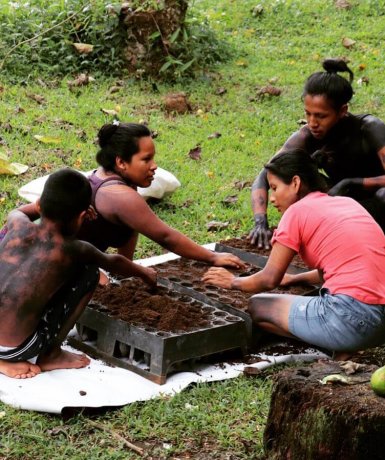
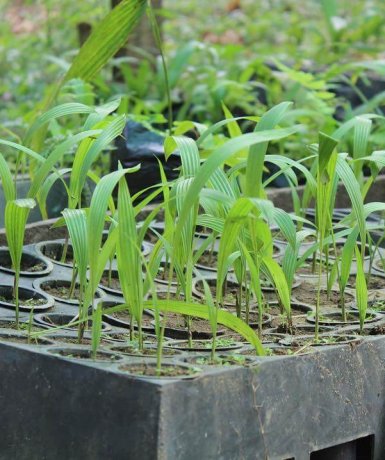
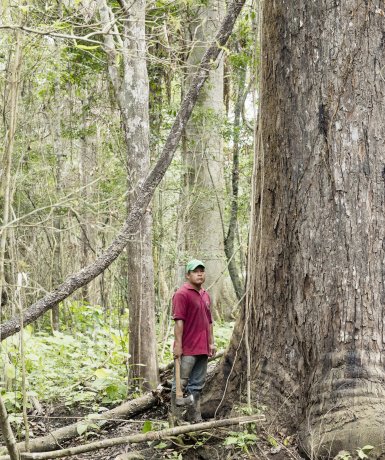
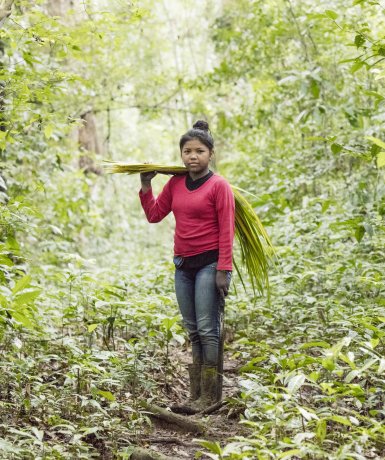
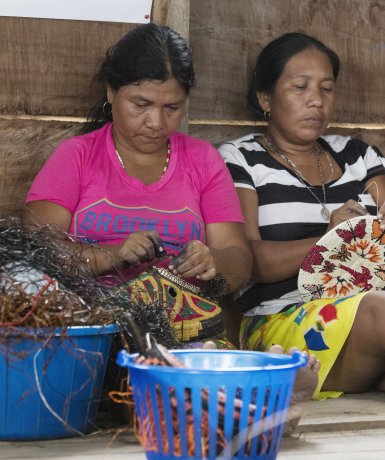
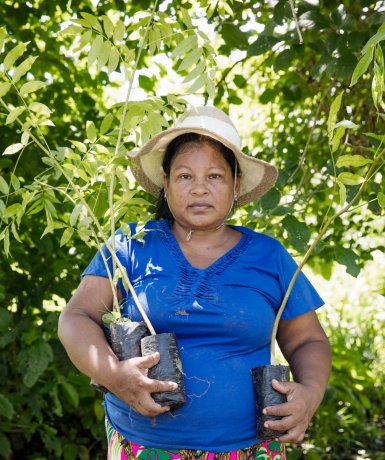
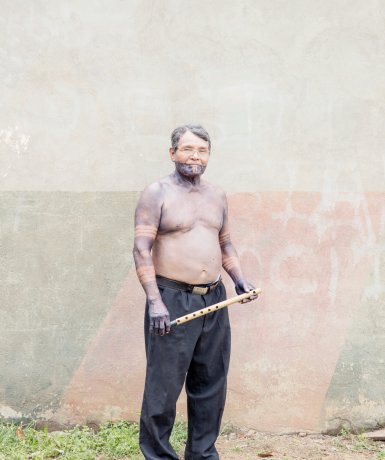
The beneficiaries
The direct beneficiaries of the project are the indigenous communities, consisting of 1670 inhabitants of the Emberà villages of Ipeti and Piriati.
The project's benefits
Indigenous people are the first guardians of the forests: their traditional lifestyle allows them to preserve their forest resources. Unfortunately, these peoples are now the first to be affected by the consequences of deforestation on their territories.
The association If Not Us Then Who France wishes to support the local initiatives of the Emberà community because their scope of their action is threefold:
- Locally, it helps a community to become self-sufficient, find durable means of livelihood and ensure the permanence of the natural (and cultural) environment.
- At a national level, the goal is to restore a tropical-type forest to store carbon and support the redevelopment of biodiversity: a living forest, utilised with a durable approach.
- At an international level, the goal is to contribute to slowing down climate change and participate in the creation of an “indigenous” conservation model which will, in time, generate revenues for ecosystem services.
Project leader If Not Us Then Who
If Not Us Then Who France pursues a global awareness campaign on the role played by the indigenous and local populations in the protection of our planet. Since 2018, the association defends the protection of the territorial rights of indigenous peoples and local communities as an essential lever in fighting climate change. In particular, the association helps in the design, financing and implementation of projects on the ground in forest communities.Website


 Contact us
Contact us 

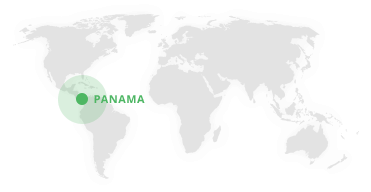


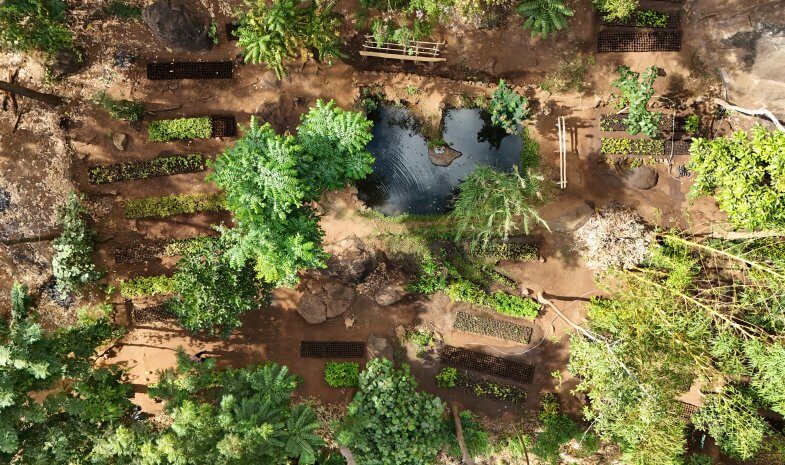
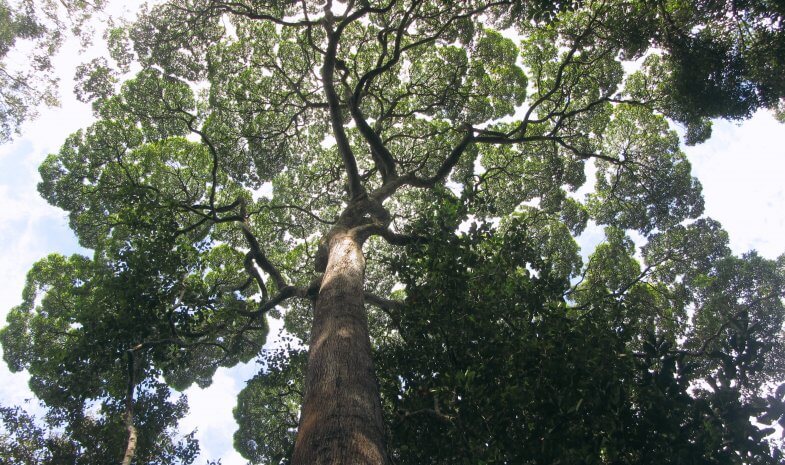
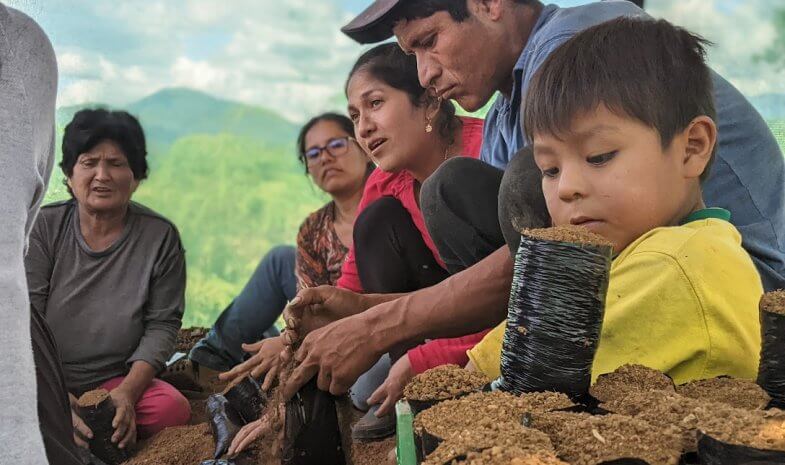
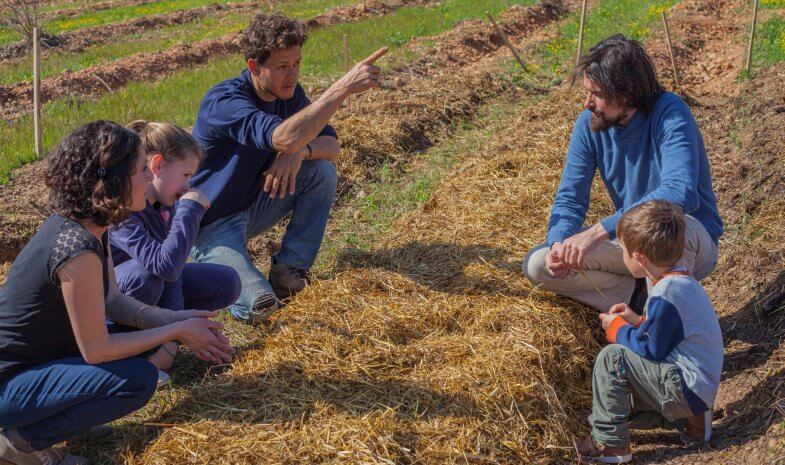

As our ancestors used to say, if the peoples of the forest disappear, the forests will disappear as well
Cándido Mezúa Salazar